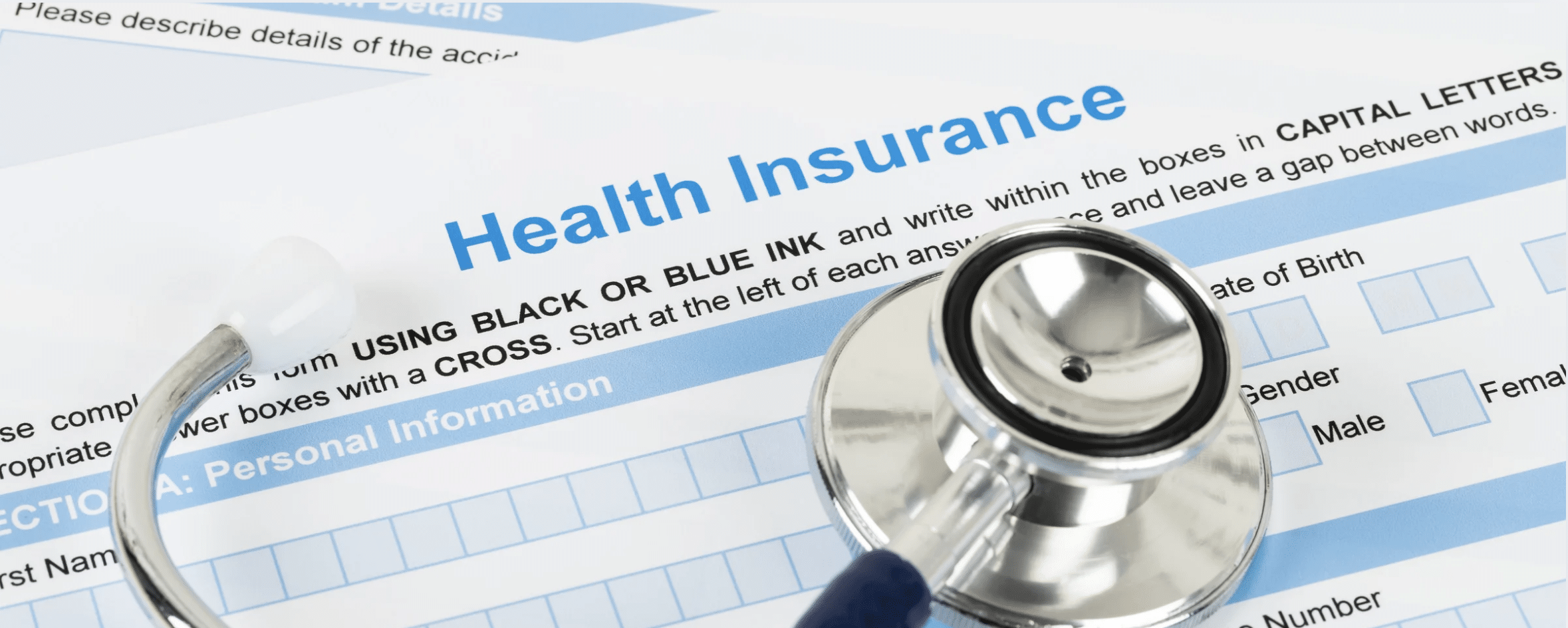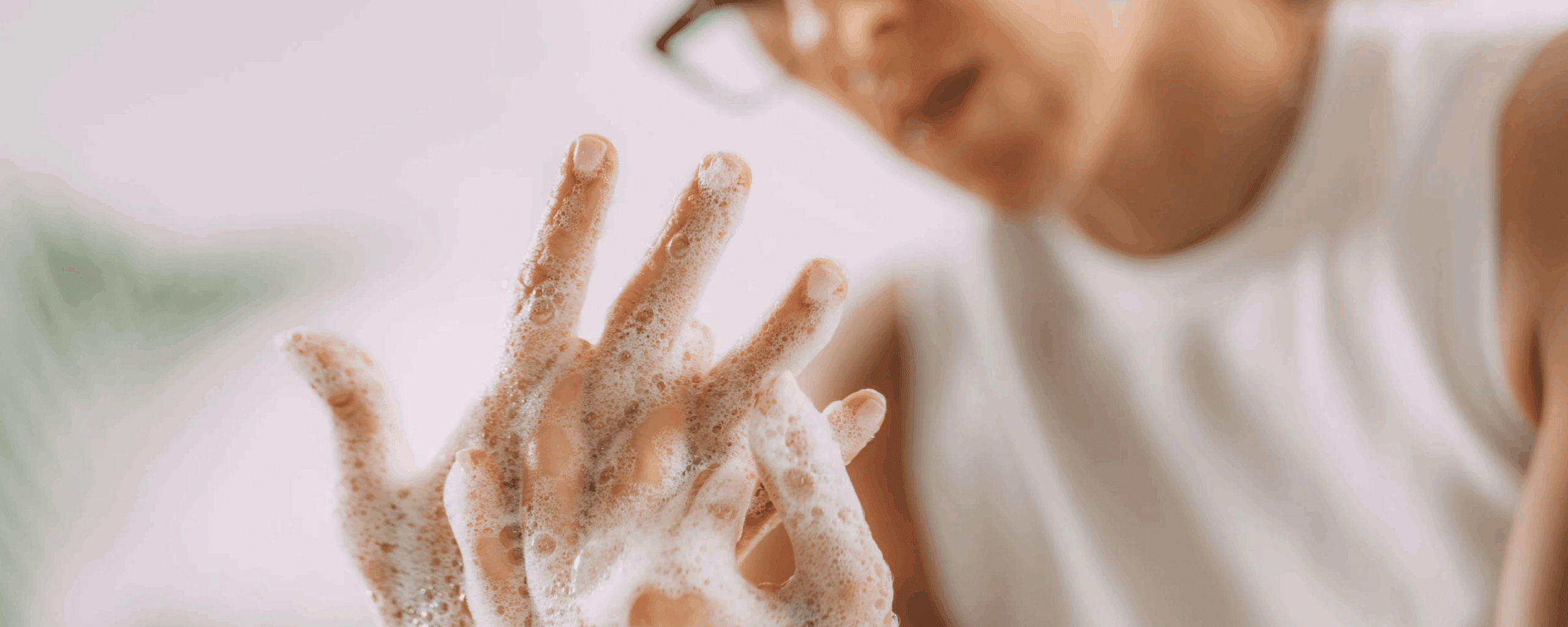Because buprenorphine is a highly effective medication for treating opioid addiction, many people wonder whether they can access it without a prescription. While it does offer powerful support for individuals with opioid use disorder (OUD), using buprenorphine without medical supervision is not safe, and it’s not legal.
Let’s explore why buprenorphine must be prescribed and monitored by a healthcare provider, and how getting it through our rehab center can support your long-term recovery.
What Is Buprenorphine?
Buprenorphine is a prescription opioid medication used specifically to treat opioid use disorder. While it belongs to the opioid class, it functions very differently from common opioid painkillers like oxycodone, morphine, hydrocodone, or fentanyl.
Originally developed in the 1960s, buprenorphine is a partial opioid agonist and antagonist. This means it activates opioid receptors in the brain—just enough to reduce withdrawal symptoms and cravings—but it also blocks the euphoric effects of stronger opioids. Because of this dual action, buprenorphine offers a controlled and safe path out of active opioid use when taken as prescribed.
One of buprenorphine’s most powerful benefits is its ability to make continued opioid use less rewarding. Blunting or blocking the pleasurable effects of drugs like heroin or prescription painkillers helps reduce the desire to keep using, one of the most challenging aspects of recovery.
When combined with naloxone (as in Suboxone), the medication becomes even more effective at preventing misuse, which is why it’s widely used in medication-assisted treatment (MAT) programs across the country.
Brand Names for Buprenorphine
Buprenorphine is sold under different brand names depending on the formulation and country of use. In the U.S., you may find it prescribed under names such as:
- Subutex – contains buprenorphine only
- Sublocade – an extended-release injectable form
- Belbuca – used in film form, often for chronic pain
- Suboxone – a combination of buprenorphine and naloxone
Each of these formulations serves a specific purpose, and your treatment plan will depend on your unique needs and history with opioid use.
Buprenorphine can also be mixed with other medications for different purposes. Suboxone is the mix of buprenorphine and naloxone. Other names for this fixed dose are ACT Buprenorphine/Naloxone and Mylan-Buprenorphine/Naloxone. To explain, each of these products is sold in different forms, including tablets and film.
Opioid Addiction Statistics
Sadly, opioid addiction use is an overwhelming crisis in North America, especially in the United States. Drug abuse continues to be used as a form of self-medication. Many people seek the escape through drugs, whether they suffer from mental illness symptoms, stress, grief, health problems, or strong emotions. Of course, nobody uses substances with the intention of developing an addiction. However, it is an inescapable result when messing with powerful drugs. People of all ages use opioids, including prescription opioids and street drugs. In 2022, 14,716 people in the United States died from opioid overdoses.
Can You Get Buprenorphine Without a Prescription?
Clearly, there is a need for results-driven solutions to the opioid epidemic. Combining medication with therapy through professional drug rehab is the most effective method for overcoming opioid addiction. At Vogue Recovery, our licensed doctors can prescribe medications like buprenorphine for opioid use disorder. In treatment, we also help individuals move into the next stage of care, which involves therapy and counseling. All are important elements of the healing process in order to help people maintain sobriety. As such, buprenorphine can only be legally sourced through a medical professional. It is best used when monitored and adjusted in a drug rehab clinic to ensure the right dose. All other buprenorphine use is unsafe and illegal, since the drug is actually a controlled substance in the U.S. It’s not safe to buy buprenorphine online or through other channels.
If you are looking for medication to help you recover from OUD, please contact us and we can help!
What Are the Dangers of Using Buprenorphine Without a Prescription?
All opioids, including buprenorphine, must be sourced through a doctor and a prescription. This is because it does have its own dangers. Unfortunately, buprenorphine itself can be addictive. The way it works on opioid receptors means it has less abuse potential through less physical dependency. Additionally, there’s a limit to how much pleasure it offers. So, all combined, buprenorphine is a safer opioid than alternatives. Yet, it can still be abused for a high, especially when injected and in people without a history of opioid abuse. Understandably, buprenorphine-only products are more dangerous for abuse than Suboxone, which contains the opioid antagonist naloxone. But you should never try to gain buprenorphine without a prescription because you can develop an addiction. In fact, the drug is a Schedule III Controlled Substancedue to its abuse potential.
Self-Assessment: Am I Addicted?
"*" indicates required fields
Contact Us
Ready to Get Help? Get in Touch Today.
"*" indicates required fields
How Does Medication-Assisted Treatment for Opioids Work?
If you’re wondering how to get prescribed buprenorphine, you need to go through a professional drug rehab center like Vogue Recovery. We offer a medication-assisted treatment (MAT) track in our drug rehab. Medication-assisted treatment refers to professional direction and monitoring of prescription drugs to help you overcome your disorder. As noted, buprenorphine can be used for opioid use disorder when accurately followed. Every guest who enters MAT can utilize medication to help them through the initial detox, as well as long-term. In fact, some individuals remain on OUD medication long-term for the continual maintenance of their sobriety. You have many options for your treatment at Vogue Recovery!
Medical Detox for Opioids
Medical detox is the initial stage of opioid addiction recovery. If you’ve been taking opioids, you have to first remove them from your system to become drug-free. Unfortunately, this detox stage is usually painful and unpleasant because of withdrawal symptoms. However, we provide medical detox for opioid addiction. Rest assured, medical detox makes the process as smooth and comfortable as possible! Not only will you be cared for around the clock, but our team will intervene on your behalf to improve your experience. For example, they can administer fluids, nutrients, vitamins, and yes, comfort medications like Suboxone.
What Happens After Opioid Detox?
After detox, you are technically sober because detox has removed drugs from your body. For the first time in a long time, your system can function free from toxins. However, you do not yet have the tools and motivation to maintain your sobriety. If you were to return to your regular life, you’d undoubtedly feel the pull to return to drugs. The time you spent enduring withdrawal symptoms would have been for nothing! So next, it’s important you learn how to replace drug use with alternative coping skills. We will teach you how to live out long-term sobriety in our various levels of care, preparing you for the future!
Inpatient Opioid Treatment
Inpatient treatment for opioid abuse is the first stage of rehab. This is when you are most vulnerable to your addiction. As such, inpatient rehab is a residential stage, when you live in our center for however many weeks your specific timeline requires. (Notably, you will determine your treatment timeline and goals with your therapist during your initial consultation.) During inpatient, you’ll first detox from opioids and then begin the inner work of sobriety. Each of our guests participates in a special mixture of traditional therapy, holistic treatments, and optional medication management. You’ll have time to think, rest, heal, and of course, do the work of recovery.
Outpatient Opioid Treatment
Outpatient rehab is the next and final stage of opioid addiction treatment at Vogue Recovery. By the time you’re ready for this level, you will be ready for more independence in your rehab. Thus, you will move out of our facility but still return for sessions and meetings. You can take outpatient rehab at a relaxed pace, since it is the final stage before graduating. On the other hand, we offer faster-paced outpatient programs that help you achieve more preparation in less time.
Partial Hospitalization Program (PHP)
Partial hospitalization is our first accelerated-paced outpatient program option. It can also take the place of residential inpatient treatment, because it covers the early stages of recovery. Since individuals don’t live in our center during outpatient rehab, we offer PHP for those who are early in recovery but can’t live in-center. In this program, you will complete the deep inner work of healing in daily therapy.
Intensive Outpatient Program (IOP)
Intensive outpatient programming is like a continuation of PHP where individuals are ready for reduced session hours. Still, our guests in IOP attend daily therapy and counseling sessions at Vogue Recovery to prioritize their healing. Often, IOP will stand in for traditional outpatient programming for people who need to complete rehab sooner.
Outpatient Rehab
Guests can spend concentrated time readying for their future in traditional outpatient rehab. Exactly how long your outpatient treatment lasts depends on you and the plan you outline with your therapist. However, you are welcome to take your time truly preparing for the future with your therapist, holistic counselors, and case manager.
Aftercare
Aftercare is what we call the transitional period after graduating from rehab for those who want to maintain support. You can stay as connected as you want to Vogue Recovery! We offer resources and assistance during this time, including transitional housing called Sober Living.
What Are the Benefits of Professional Help for Opioid Addiction?
There are many reasons why people turn to professional drug rehab to get them through their addiction. As mentioned, we can make the detox process easier by offering medications like buprenorphine for opioid withdrawal. And in the next stages, we will help you form lasting habits to replace drug abuse with healthy practices. Don’t use buprenorphine without a prescription if you’re trying to quit drugs. Instead, let us help you achieve sobriety!
Questions about treatment options?
Our admissions team is available 24/7 to listen to your story and help you get started with the next steps.
Vogue Recovery Editorial Staff
Latest posts by Vogue Recovery Editorial Staff (see all)
- Healing Together: How to Get a Loved One into Rehab - July 31, 2025
- Everything You Need to Know About Using Insurance for Rehab - July 31, 2025













